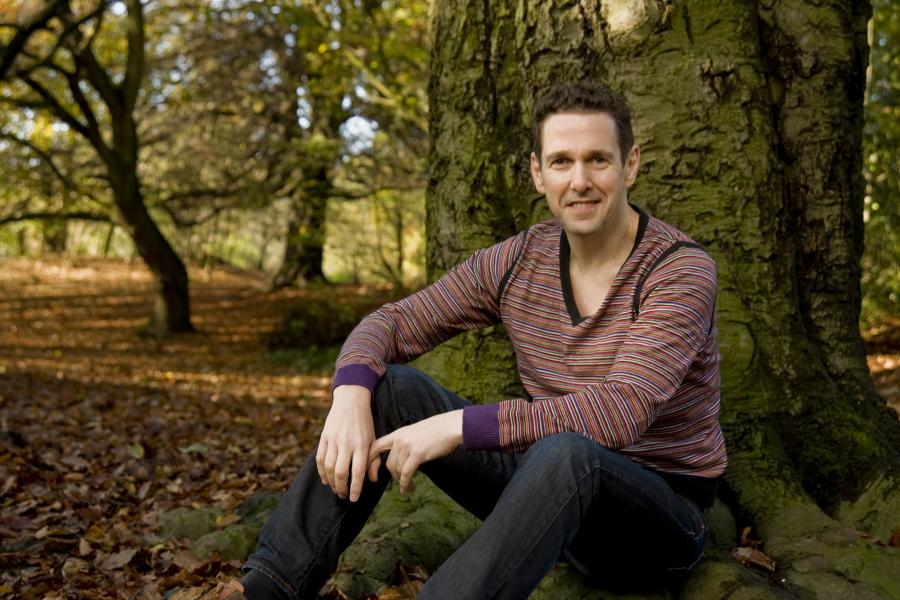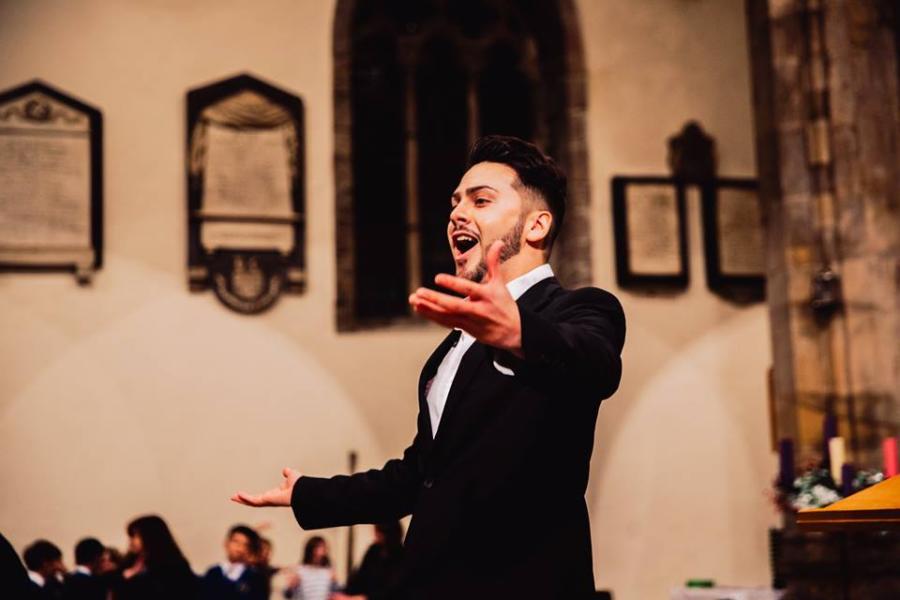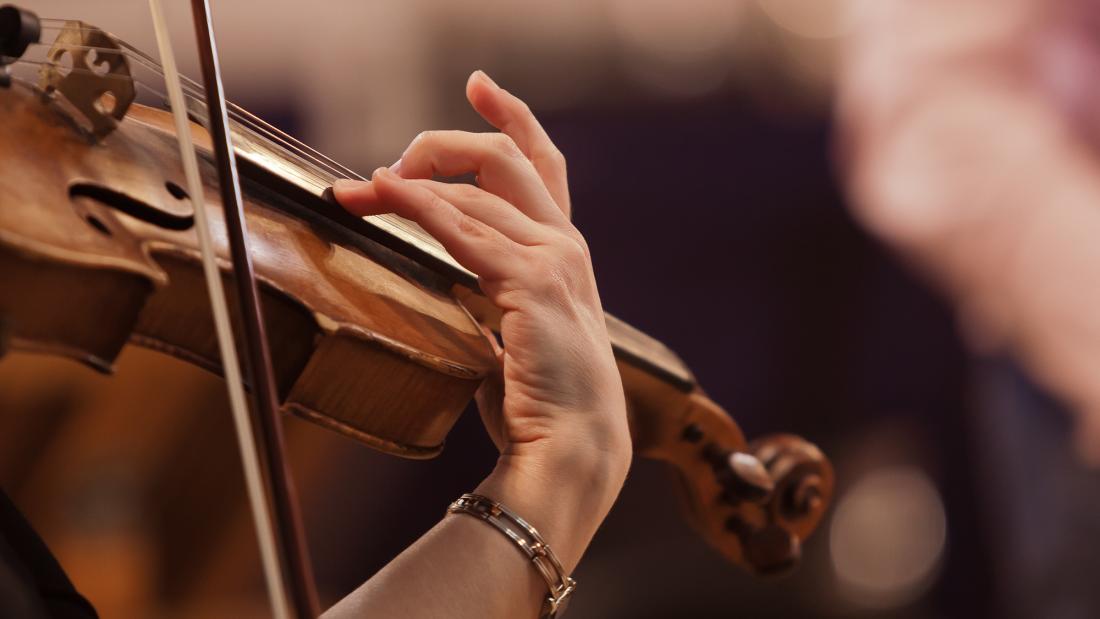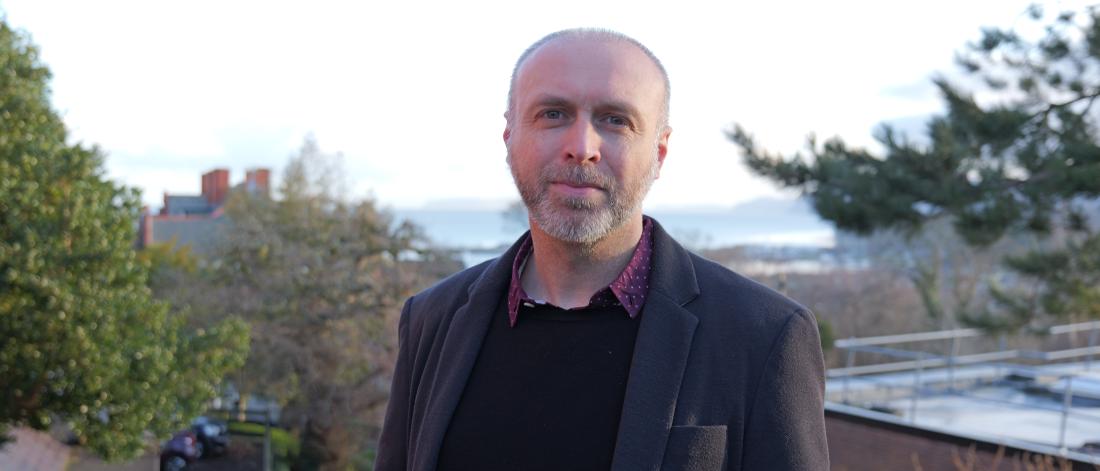Congratulations on your offer of a place at Bangor University
Congratulations on your offer to study one of our Music programmes here at Bangor University. We're thrilled to welcome you into our community. To help you get familiar with us before you begin in September, we've compiled some resources to address common questions and provide valuable information.
Stay connected with us on social media for the latest updates, news, and events. We look forward to meeting you soon and wish you all the best as you get ready for your studies.
What to expect as a Music student
Our courses are taught by world-leading academics and practitioners who are passionate about their subjects. You will learn from experts who are at the forefront of their fields, and you will have access to a wealth of resources to support your studies. Our dedicated team of academics are not just knowledgeable but also have a diverse range of expertise and passions.
We are committed to providing a supportive and inclusive environment for all of our students. We have a dedicated team of staff who are here to help you with your studies and to make sure that you have a positive experience at Bangor.
Watch our video
Hello and many congratulations on receiving an offer to study Music with us here at Bangor University.
My name is John Cunningham I'm the head of Music, Drama and Performance.
Here at Bangor we're very much a community of staff and students working together to fulfil our potential and to become the best musicians that we can be.
As musicologists, performers, composers, we work collaboratively with each discipline feeding into each other.
We're all very excited that you're going to be joining us to be part of this vibrant community, and look forward to welcome you to Bangor soon.
Frequently Asked Questions
A typical week will include a variety of lectures, seminars and workshops with your fellow students and your lecturers. Sometimes, you will be given tasks to prepare, texts to read and/or music to listen to before sessions. There will also be the opportunity to have individual meetings with your personal tutor when needed, as well as individual or group tutorials to discuss the progress of your work.
You can also join societies and take part in extracurricular activities which support your studies, such as choirs, orchestras and a broad variety of musical ensembles.
You will typically be studying three 20-credit modules per semester. In every module, you are likely to have up to 3 hours of contact time (workshops, lectures, instrumental lessons, seminars, tutorials etc) per week. Between sessions, students will be expected to do independent preparatory work, attend group tutorials with other students and engage in relevant musical activities such as attend public concerts and rehearsals.
You will have access to state-of-the-art facilities including our Electronic Music Studios.. In the Music building, our main lecture hall is equipped with a new Steinway grand piano and is an ideal location for recitals and rehearsals. We also have two other professionally equipped concert halls for you to practice and perform in.
Pontio, the heart of creative arts here in Bangor University hosts a lively series of concerts and performances. The Arts and Innovation centre houses two theatres and a cinema all double up as teaching spaces.
Making music with others is an integral part of the experience of a degree in music. You can choose to study solo performance on your main instrument or voice, but there are also options to perform in ensembles as part of your course.
Outside the classroom there is a wide range of opportunities to perform, you may wish to join one of the university-run ensembles, Bangor University Symphony Orchestra, University Chorus or the Chamber Choir. There are also lots of societies to join, including the Music Society Orchestra and Choir, the Concert Band, the Brass Band, the Jazz Band and the String Orchestra.
Meet your lecturers

Dr Iwan Llewelyn Jones
I wanted to learn everything about music - how to play it, how to analyse it, how to understand it. I can't get enough of it! It's a never-ending journey that I can only describe as magical and inspirational.
I work with a wide range of students of all music performance abilities to explore many different genres from the classical, musical theatre, world, jazz, and pop repertory. The students not only perform to each other, but they analyse and discuss the music to get a real understanding of the 'nuts and bolts' of each piece.
Interacting with students in the workshop environment. Listening to them perform as soloists and in chamber groups, hearing them discuss each other's work, and helping them deepen their knowledge and understanding of the music they perform.
Never give up. Being able to perform, read about, discuss and experience music is the best best feeling in the world.

Dr Kiefer David Jones
How the voice works, it's functions and capabilities.
A passion for the wonderful repertoire that we have in vocal music and the delivery of technical teaching for aspiring singers.
To never lose sight of the bigger picture, to work (in small steps) towards the final destination a little each day.
The impact that the tongue can have on singing - huge!



